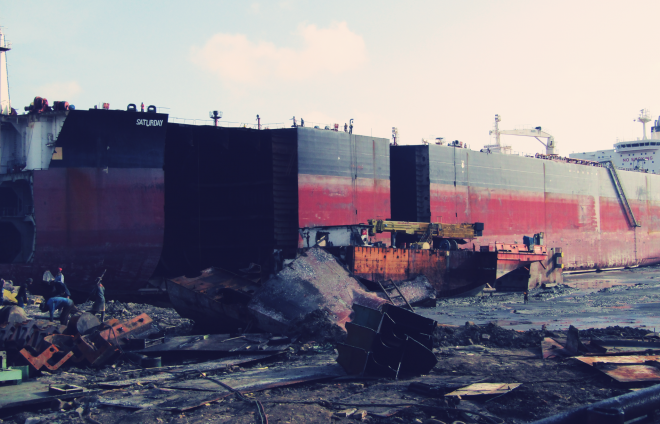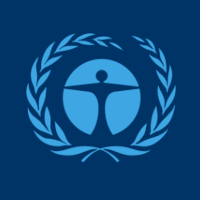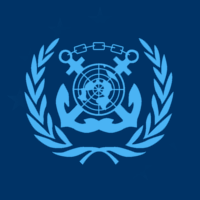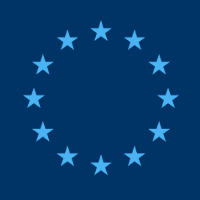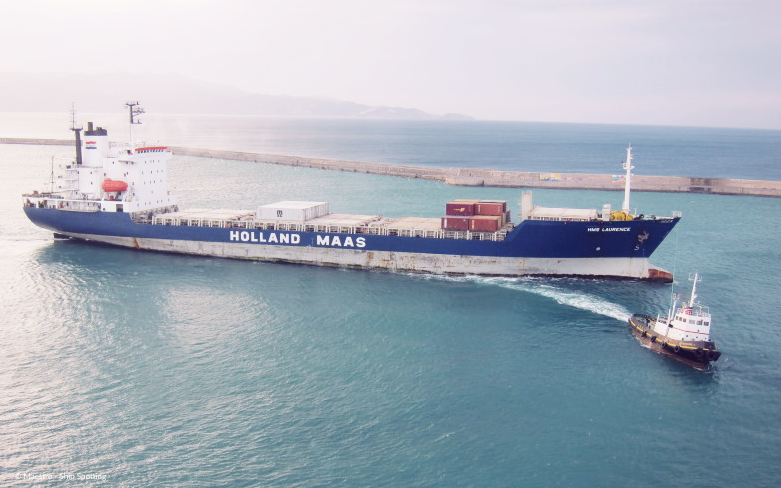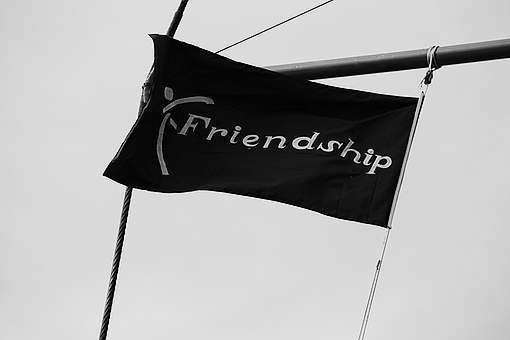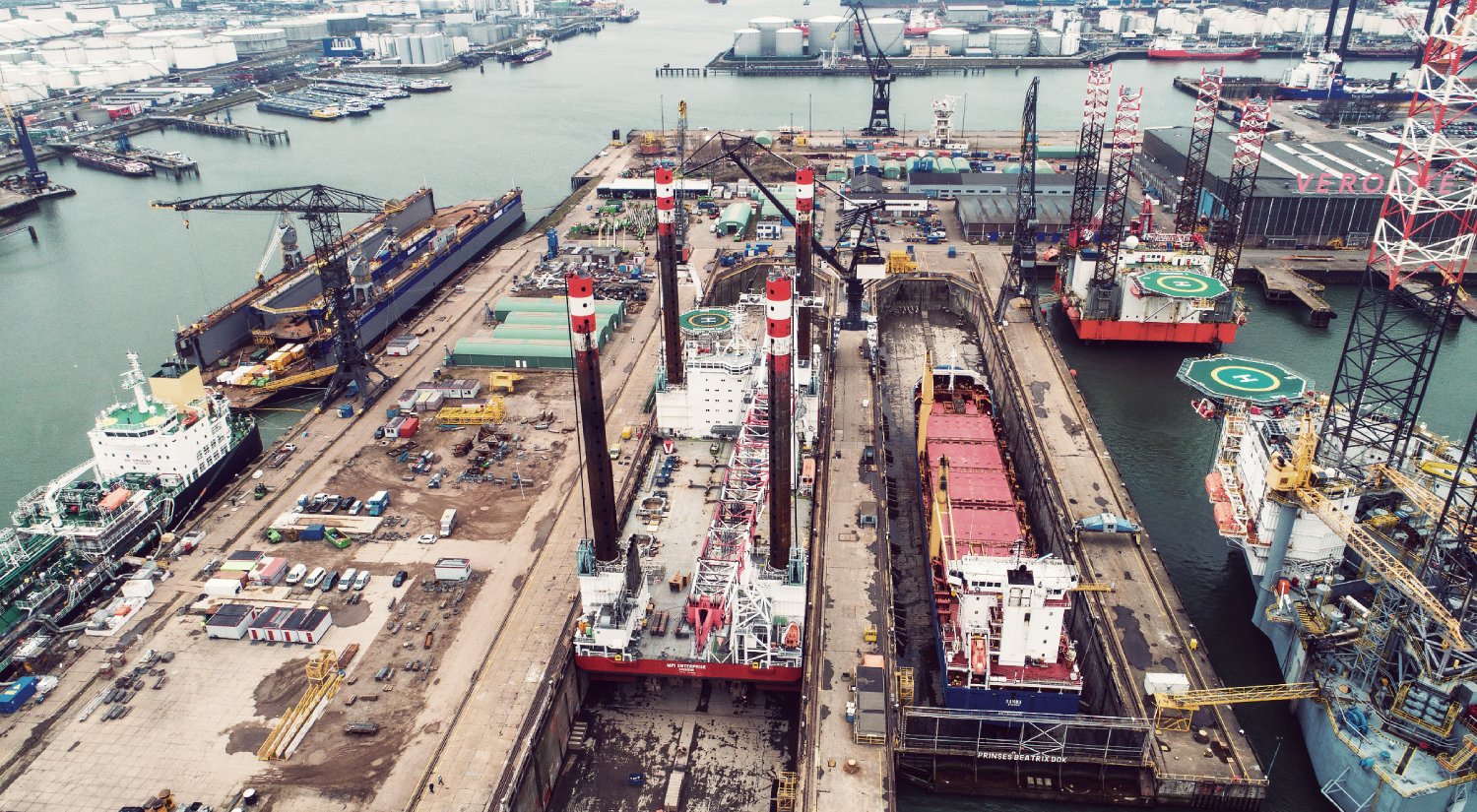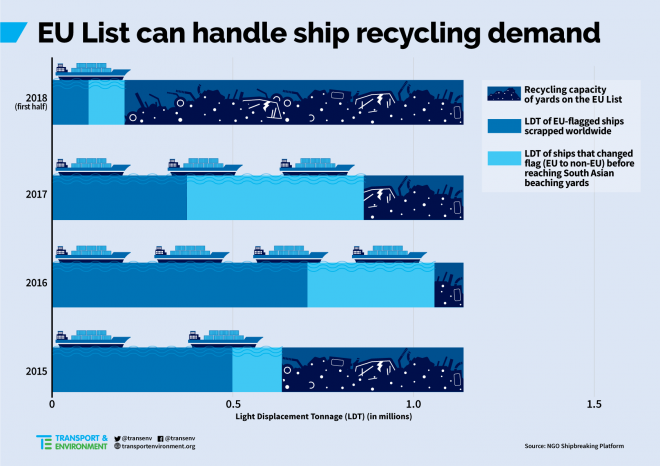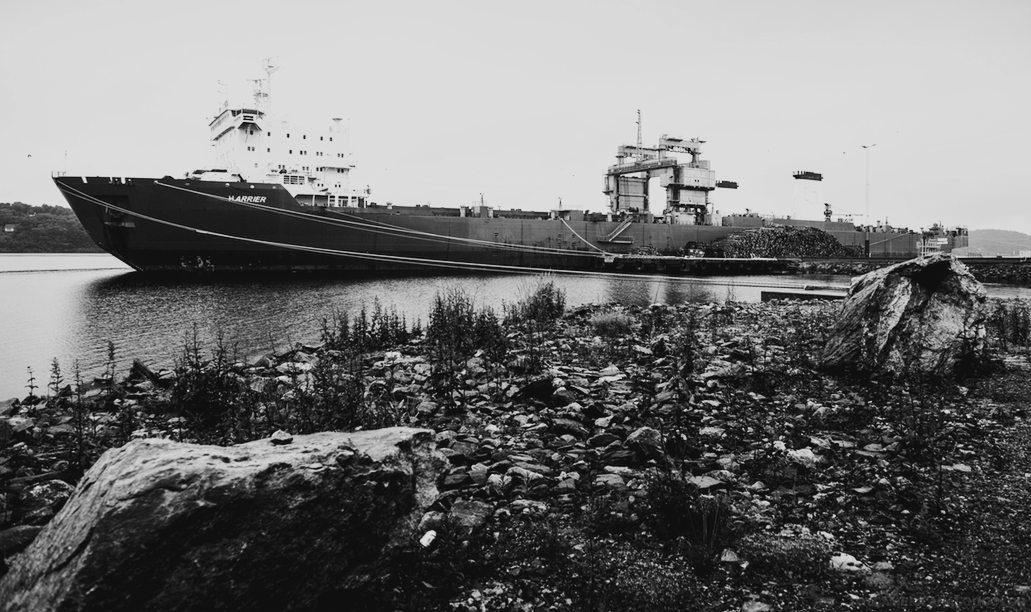Last week the Council on Ethics of the Norwegian oil pension fund (Government Pension Fund Global) announced that it will turn its attention towards Indian shipbreaking practices. This may well result in further divestments from shipping companies with poor shipbreaking records.
ivest from companies, including container line Evergreen, selling their end-of-life vessels to shipbreaking yards located in Pakistan and Bangladesh “due to an unacceptable risk that the companies are contributing to serious environmental damage and gross violations of human rights”.
KLP, Norway’s largest private pension fund, followed suit and blacklisted the same companies. In January, KLP also blacklisted Nordic American Tankers (NAT) following the sale of ten oil tankers for dirty and dangerous scrapping on beaching yards in South Asia. The Bermuda-registered company, controlled from Norway by Herbjørn Hanson, was firstly confronted by KLP and criticised by Norwegian press for having sold eight ships for scrapping to South Asia in 2018, ensuring NAT a 80 million dollar scrapping revenue. Five vessels ended up in Chittagong, Bangladesh; three ended up in Alang, India. The sale of two additional vessels to Bangladeshi yards with terrible accident records prompted KLP to blacklist NAT earlier this year.

The European Commission recently announced that two Indian yards (i.e. Priya Blue Industries Pvt. Ltd, Shree Ram Vessel Scrap Pvt. Ltd) that applied for inclusion in the European List of ship recycling facilities do not comply with the EU Ship Recycling Regulation. The site inspections and technical assessments, done by the classification society DNV GL, identified several areas where the yards do not meet the requirements for clean and safe ship recycling.

